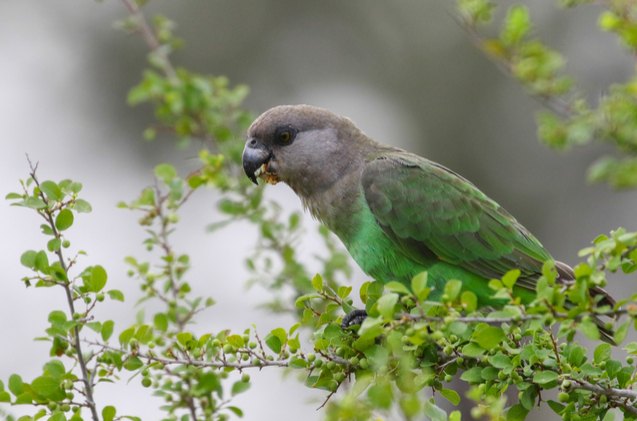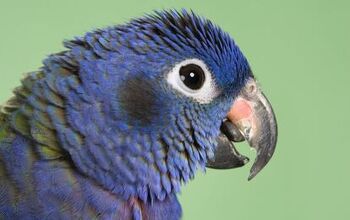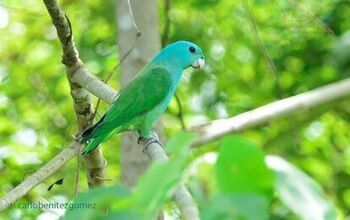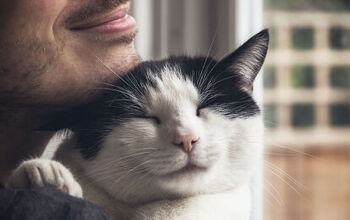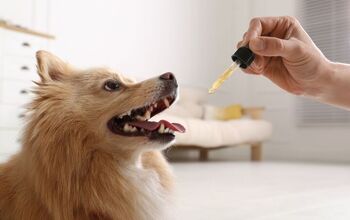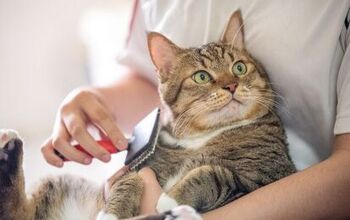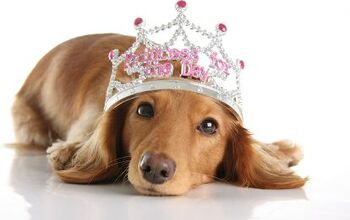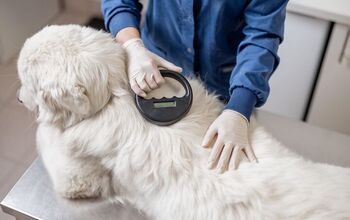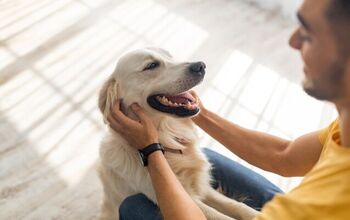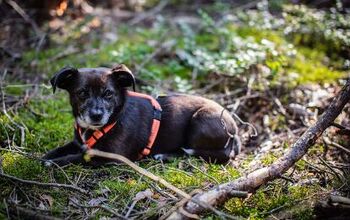Brown Headed Parrot


About Brown Headed Parrot
Brown Headed parrots are one of the most important breeds in the Poicephalus family. These popular African birds are one of the continent’s iconic birds and have a rising popularity and a following in aviculture. This comes from their friendly personality, quiet disposition and a playful behavior – all the traits of a favorable pet parrot. With a simple but yet unique appearance, Poicephalus parrots stand apart and are very sought after in the pet market.
Their Latin name – “Cryptoxanthus” – means “hidden yellow” and refers to the yellow underwings which are hardly seen.
Native Region/Natural Habitat
One of the common and popular sights in their native habitat, these parrots thrive in the semi-open woodlands, sparse growth, savannas and riverbanks. The region they live in spans a big part of Southeastern Africa, and countries like Malawi, Zanzibar, Swaziland, Zimbabwe, and South Africa. In several regions, they are considered as pests, due to their growing liking of agricultural crops and coconut plantations. Although their numbers are steady and not threatened, there is a growing concern for these birds in Mozambique – due to high levels of illegal trade.
Poicephalus parrots are quite distinct and are easily spotted thanks to their features. The Brown Headed Parrot doesn’t present a lot of distinct details, but they are unique enough to be easily recognized. The adults reach an average length of almost 9 inches (22 centimeters) and can weigh around 5 ounces (150 grams). These birds have a short, rounded tail, and a stocky build. Even though they are considered to be small birds, they’ll need plenty of space. A roomy cage of average size will suffice. But, you shouldn’t confine them to a cage alone- ensure they have a lot of free time around the house.
Brown Headed Parrot boasts another very desirable trait – these are very quiet parrots! Thanks to their friendly and calm personality, they don’t have a need to express themselves vocally like some other parrot species. They are great for apartment settings. These parrots – like most African species – can learn a few words and repeat them in a surprisingly crisp voice. Most sounds they make are when they are eating – soft chirps and happy mumbling signify their joy.
These are one of the more plain-looking parrots in the entire Poicephalus family. While this might be a negative aspect to some, a lot of people find the simplicity of their appearance refreshing. The lower half – chest and the belly – are light, vivid green, while the upper part – the wings and back- are light brown. The head, as the name suggests, is also brown, with the cheeks being light gray. Add the distinct black eyes and a sharp, hawk-like beak, and you have a pet bird whose simple colors actually make it stand out in the world of pet parrots.
Poicephalus parrots have a unique and recognizable beak, strongly resembling birds of prey.
In the wild, these parrots have one of the most diverse and rich diets. It consists of seeds, fruits, coconut flowers, nectar, and crops. For your pet, you should choose a good commercial seed or pellet based mix, made specifically for Poicephalus parrots. Add a good amount of healthy, fresh fruits and an occasional vegetable as well. Regular water sprays or small bathing dishes should be offered, ensuring that the bird is clean- hygiene is important to birds.
Most species of African parrots are very hardy and adaptable birds. Brown Headed Parrot is no exception, and will quickly adapt to your house or apartment, provided you keep the conditions optimal. A balanced diet, good hygiene and a lot of social interaction can go a long way for a parrot and ensure a healthy pet. These small parrots can live from 25 to 30 years without any troubles.
These energetic little parrots will require a plenty of exercise to keep themselves entertained and happy.
The Brown Headed Parrot will quickly charm you with its friendly and fun personality. While they are often calm and willing to play by themselves, they can still depend on social interaction and spending time with you. Their quiet, playful temperament makes them desirable pets and a great choice for people who live in apartments or have a full house. Either way, these silly Poicephalus parrots can entertain you with their goofy tricks, or can calm you with their quiet and cuddly moments. With these traits, we think every owner will be charmed, and who knows, you might be next!
Photo credit: JMx Images/Shutterstock; Alta Oosthuizen/Shutterstock; Braam Collins/Shutterstock

A proud mama to seven dogs and ten cats, Angela spends her days writing for her fellow pet parents and pampering her furballs, all of whom are rescues. When she's not gushing over her adorable cats or playing with her dogs, she can be found curled up with a good fantasy book.
More by Angela Vuckovic



